In 2011, the U.S. Breastfeeding Committee (USBC) officially declared that August is National Breastfeeding Month at a Community Baby Shower event hosted by Howard University Hospital and the DC Breastfeeding Coalition. Each year since, the USBC hosts a social media engagement campaign, in which it invites conversation about the policy and practice changes needed to build a landscape of support for babies, birthing people and families.
This year, the theme for National Breastfeeding Month was “Together We Do Great Things.” It honored the power and impact of collective efforts – from individuals, organizations, coalitions, governments and businesses – to ensure that babies, birthing people and their families are warmly supported in human milk feeding.
At WKKF, we’ve long championed strategies to protect, promote and support breastfeeding. The following stories share the experiences of birthing people – their experiences with breastfeeding, milk banks and community support from lactation consultants. It’s also important to note that the United States is still experiencing a formula shortage. We celebrate the work of our grantees, who quickly mobilized – and continue to mobilize – to support families.
Nurturing New Life Through Overlapping Global Pandemics. This series explores the experiences of birthing during the COVID-19 pandemic, the uprising after the murder of George Floyd and climate emergencies.
- Part I: No one should give birth alone
- Part II: Then came the uprising
- Part III: Climate emergencies – breastfeeding for survival
NATAL podcast series gives voice to Black birthing experiences. NATAL, a podcast docuseries, was born out of an urgent need to give voice to the stories and lived experiences of having a baby while Black in the United States. The NATAL team uses the docuseries to highlight the birthworkers, medical professionals, researchers and advocates fighting daily for better care for Black birthing parents.
Michigan
- Black Mothers’ Breastfeeding Association celebrates breastfeeding and honors Black motherhood. WKKF partnered with the Black Mothers’ Breastfeeding Association (BMBFA) in Detroit, Michigan, to normalize Black breastfeeding and lift up one-on-one conversations with Black mothers. This Normalizing Breastfeeding in Michigan Series shares each mothers’ personal breastfeeding journey in an effort to celebrate, normalize and support breast milk as a first food for children.
Mississippi
Mississippi Moms Give Their Babies the Best Start in Life. Mississippi Communities and Hospitals Advancing Maternity Care Practices (MS CHAMPS) continues to assist hospitals across the state to adopt the World Health Organization’s Baby-Friendly Hospital Initiative and become designated Baby-Friendly through Baby-Friendly USA. Mississippi now has 25 baby-friendly hospitals, with 23 achieving CHAMPS status. Learn more about their work now.
New Mexico
- Normalizing breastfeeding in New Mexico. In 2018, Malia Luarkie accepted the Healthy Communities Award from the Kellogg Foundation on behalf of Indigenous Women Rising (IWR). IWR adapted Pueblo women’s traditional garment to accommodate breastfeeding. They altered the long cotton ankle-length dress with slits and pockets, making it possible for women to participate in cultural events without retreating to secret spaces to feed their infants. The ingenious alterations maintain cultural values and cost less than $10 per garment.
New Orleans
- New Orleans improves breastfeeding and health outcomes for babies and mothers. I Am New Orleans is a community-led conversation series to inspire dialogue and action around issues of racial equity to create a child-centered city. Take a moment, and listen to maternal and child health organizations, community leaders and health care practitioners share how they’re holistically supporting mothers and communities in breastfeeding, increasing accessibility to lactation consultants and elevating the importance of milk banks.

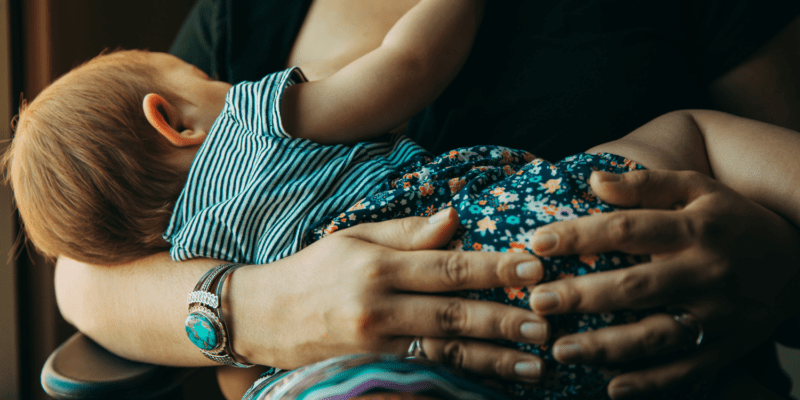
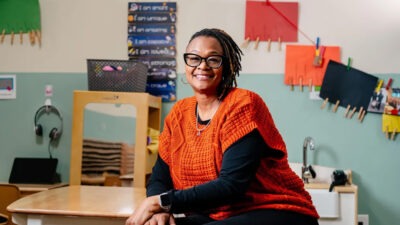
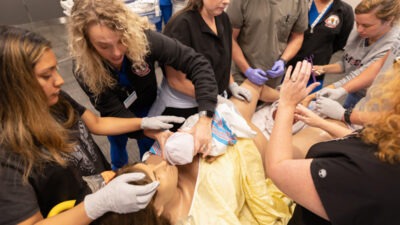

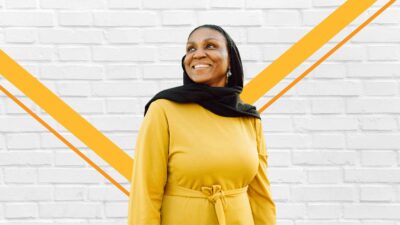
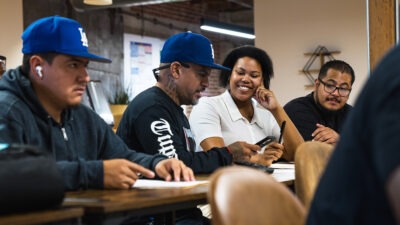

Comments